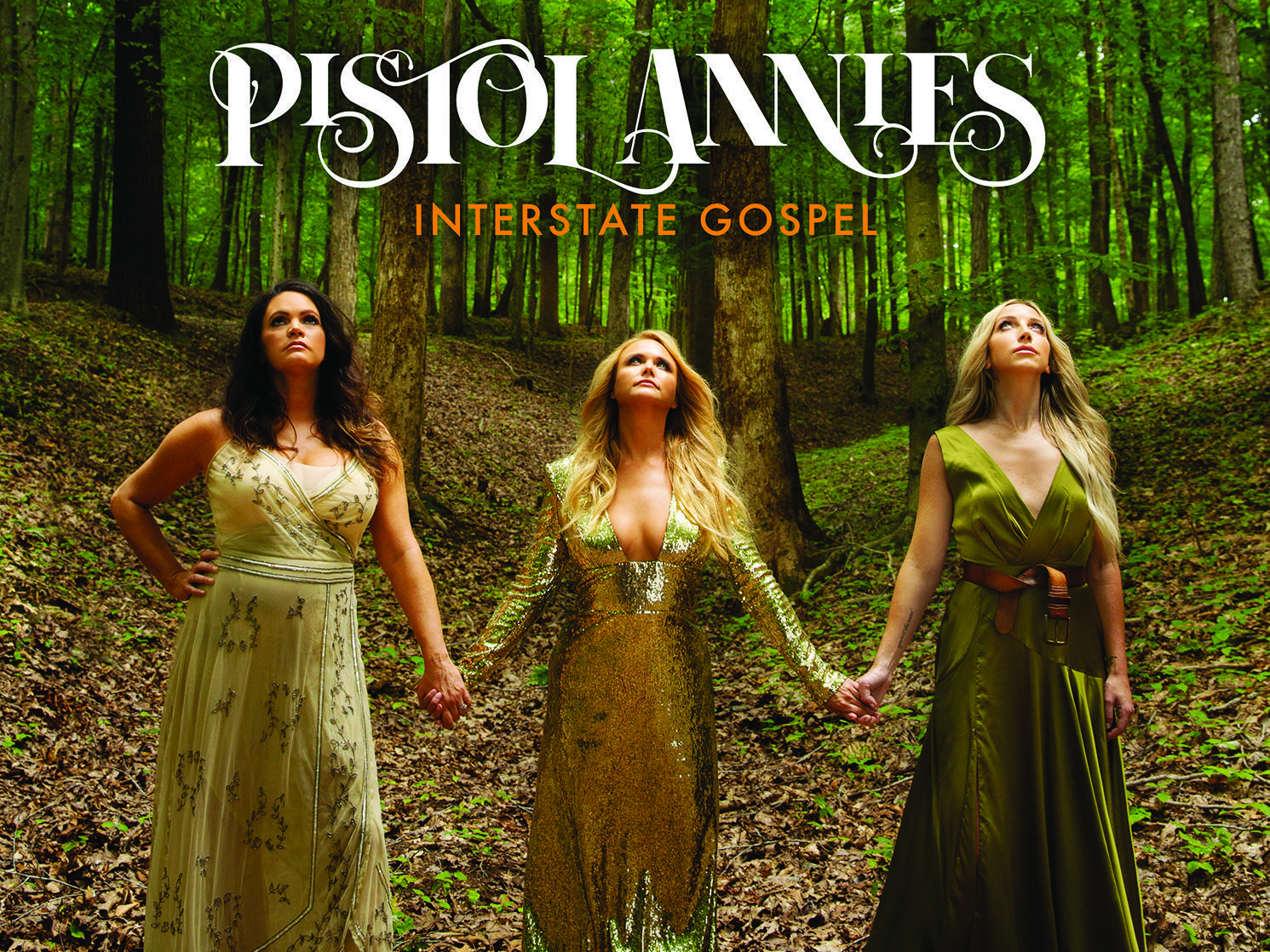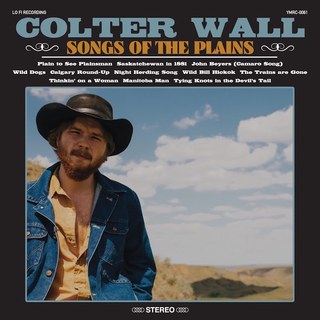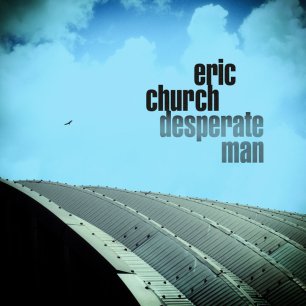Rating: 7/10
It’s been a long five years since the last Pistol Annies album, enough time for each of the Annies to record two solo projects of their own. The Annies are good for the mainstream, and it’s great to see them return, for country music in general as well as for the fans who have been starved for new material for so long. As for Interstate Gospel, it’s not as immediately or as inherently captivating as the group’s first two records, but these songs grow on you and get better with each new listen, revealing subtleties that weren’t as often present on their previous efforts.
The instrumentation is definitely better on this album. “Got my Name Changed Back” offers extended dobro and electric guitar solos, and “Sugar Daddy” takes a long time getting to the point with drums and bluesy guitar licks before Miranda Lambert ever sings the opening note. The title track is also a standout instrumentally, with the piano unleashed to add to the gospel feel of the song. It feels like some of the polish from their previous records was abandoned, and that really suits all of the Annies, especially Ashley Monroe, whose voice soars on these songs and reminds us again that much of the production of Sparrow just wasn’t flattering to her at all.
The songwriting is definitely a strength of this album. Sometimes it’s in a clever one-liner like “even old Moses was a basket case” or “Jesus is the bread of life, without Him you’re toast,” both in the title track. There’s the irony in “Best Years of my Life” which perfectly illustrates the plight of this character–these are supposed to be her best years, filled with love and happiness, but instead she spends her days bored and getting drunk or high to “try to drown this worthlessness.” And the honesty in the writing is unflinching, from the portrait of the character in “Cheyenne,” burned by love and coldhearted as a result, spending her nights in bars and casually breaking men’s hearts, to the grim self-reflection in “Milkman”–“If Mama would have loved the milkman, maybe she wouldn’t judge me.” “Masterpiece” is beautiful melodically and lyrically, and the Annies made a smart decision by having Miranda Lambert sing lead for the entire song, as her emotion is pouring out in every syllable. You can sense that this track, like several others on the record, is indeed very personal to Lambert.
It’s hard to say whether this is a feature or a flaw, but this album does feel more Lambert-influenced than their first two. It suits these songs, for this record feels very much like Miranda’s story, or at least a story that started as hers and became something relatable to the others as well. But there’s also something special about the songs where all three women sing a verse, where there’s no true lead, and the selections feel unlike anything we would get from any of their solo albums. If you were hoping for more from Presley or Monroe, you might be a little disappointed by Interstate Gospel. But it’s hard to second-guess the decisions when Miranda Lambert turns in performances like “Masterpiece” and “Cheyenne,” bearing her heart on her sleeve for us all to hear.
This showcasing of Lambert, however, can contribute to some vocal issues as well, particularly from Angaleena Presley. The harmonies are beautiful as always, but Presley sounds checked out on much of her solo parts, with the exception being her lovely performance of “5 Acres of Turnips.” This song doesn’t really feel like it fits the narrative of the album, but it’s a great track and certainly Presley’s strongest. Maybe it’s her strongest simply because it doesn’t fit the narrative and isn’t part of Lambert’s story first. Angaleena also sounds like she’s having fun on the title track, and this one is helped along by Monroe and mostly by the vibrant, energetic instrumentation behind them.
As for Ashley Monroe, the only song where she takes the lead is “Leavers Lullaby,” and honestly, I’m just not sure what to make of this. It’s overproduced and one instance where there’s definitely too much polish. That said, the songwriting is great, and she sings it beautifully; it’s just a shame that it ends so quickly. This is her only lead song, and it feels far too short. There certainly could have been another verse, and there absolutely could have been more Ashley Monroe on this album. That said, she shines on so many of her verses, perhaps most notably in “Best Years of my Life.”
This record doesn’t immediately grab you in the same way as the Annies’ first two, brimming with humor and fun and badass personas. That’s still a part of the record; in fact, “Sugar Daddy” is basically “Hell on Heels” 2.0. But this is a more mature, thoughtful album from the group, taking more time to reveal its beauty but offering some of the best material from the Annies so far. There are some vocal issues, and often, this album feels more like a Miranda Lambert breakup record helped along by her sisters than anything, but sometimes, that kind of kinship produces the best and most honest reflections. Not necessarily the album we may have been expecting from the Pistol Annies, but a strong one and a solid addition to their discography.


